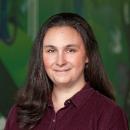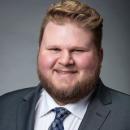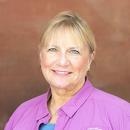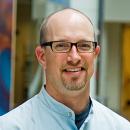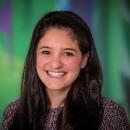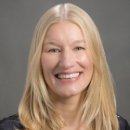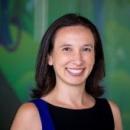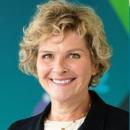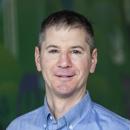
Mission
To improve the wellbeing of children with developmental and behavioral disabilities, their families and communities, we train developmental and behavioral pediatricians in an inclusive environment with diverse clinical and academic experiences. Our fellowship program’s training is built upon the following foundational commitments:
- To value and focus on the importance of diverse interdisciplinary collaboration in caring for children with developmental and behavioral disabilities
- To foster a learning environment for our fellows that promotes scientific inquiry, cultural humility, and both personal and professional well-being
- To provide flexible training and mentorship that develops excellent independent subspecialty physicians and researchers who are life-long learners, educators, and advocates
The Developmental - Behavioral Pediatrics (DBP) Fellowship is a three-year ACGME accredited program for pediatricians wanting a subspecialty focus that addresses the needs of the 1 in every 8 children and youth living with neurodevelopmental, behavioral and psychosocial impairment. Our fellowship prepares the next generation of physicians for careers that integrate diagnostic challenges, collaborative research, advocacy, long-term connections with the children and families they serve through consultation and ongoing treatment for their conditions. Upon completion of the program, graduates will be Board-eligible in the subspecialty of Developmental-Behavioral Pediatrics.
Our faculty members pursue a wide variety of clinical, research and advocacy interests and serve a diverse group of patients and families. Working closely with faculty, our fellows collaborate with other internal and external fellowship programs across departments and institutions to tailor a fellowship experience that best fits their interests and future goals.
Wellness
- We are committed to both personal and professional wellness of our fellows and faculty. We acknowledge that people learn best when they are rested and well supported, and our fellowship leadership fosters this in our program’s work environment. Our program is truly a partnership, and we are privileged to be a part of each of our fellow’s professional development and early career.
Informational Videos
- Developmental-Behavioral Pediatrics Fellowship Overview
- Research at Seattle Children’s Hospital: Trainee Experiences
- Justice, Equity, Diversity, and Inclusion at University of Washington Pediatrics – Resident Perspective
- Informal Pediatric Resident-led Tour of Seattle Children’s Hospital
- University of Washington Graduate Medical Training: Your Life Outside of Work
- University of Washington Graduate Medical Training: Your Life at Work
Structured Educational Curriculum
- In keeping with the longitudinal nature of the fellowship experience, DBP fellows participate in clinical and more structured educational activities throughout their three years of training in center-based and community-based settings.
- We provide foundational curriculum at the beginning of each academic year, Fellow Foundations, to provide our fellows with highly relevant topics to support them as the beginning of the year commences.
- A curated curriculum, with an emphasis on the American Board of Pediatrics content specifications in Developmental and Behavioral Pediatrics is woven into our weekly divisional teaching sessions for all faculty, clinicians, and learners.
- All fellows participate as long term trainees in Leadership Education in Neurodevelopmental and Related Disorders (LEND) at the University of Washington. As a training program that is located within a large University, fellows may explore many other experiences during their training as befitting their learning and career goals.
Clinical Training Curriculum
- Our core clinical rotations are located at three main sites: Seattle Children’s Hospital, University of Washington Institute on Human Development and Disability, and Madigan Army Medical Center.
- Fellows will develop clinical competence over the entire spectrum of brain dysfunction from high severity, low frequency disorders (e.g. spina bifida) to low severity, high frequency disorders (e.g., ADHD). Acquired clinical skills will encompass the prevention, diagnosis, assessment, and management of these and related disorders.
- Clinical experiences during fellowship span the broad field of Developmental-Behavioral Pediatrics including cerebral palsy, intellectual disability, neural tube defects, CNS abnormalities, autism, developmental language disorders, sensory deficits, learning disorders, Fragile X, attention deficit hyperactivity disorder and psychopharmacology.
- Examples of training schedules can be found here.
Teaching Curriculum
- Fellows develop skills as educators in this program, helping to facilitate our Developmental and Behavioral Pediatrics Rotation for all Pediatric Residents (currently approximately 46 residents per year rotate through our Division), as well as elective rotations for fourth year medical students from the University of Washington School of Medicine.
- Mentorship in curriculum design and teaching techniques is also provided in a variety of settings including through the Seattle Children’s Fellow’s College, the University of Washington Office of Graduate Medical Education, and more directly within our own Division of Developmental Medicine.
Scholarship Curriculum
- The DBP fellowship program and University of Washington provides our fellows with time and financial support to pursue graduate coursework via a graduate certificate in Maternal and Child Health through the University of Washington School of Public Health. This coursework provides opportunities to build skills in scientific inquiry processes in keeping with our commitment to foster lifelong learning.
- The DBP fellowship provides the time and financial support for fellow attendance to one academic society meeting per academic year (i.e. Society for Developmental and Behavioral Pediatrics, American Academy of Cerebral Palsy and Developmental Medicine, Pediatric Academic Societies).
- Diverse training opportunities to learn research methods are offered through Seattle Children’s Fellow’s College each year, including clinical research methods, grant writing, and academic career mentorship.
Who Can Apply
Applicants will have completed a minimum of three years of training in an ACGME approved pediatric residency program. Due to funding constraints, we are only able to accept individuals who have U.S. citizenship or permanent resident status.
Application Requirements
- Applications are accepted through the Electronic Residency Application Service
- Please submit at minimum your CV, personal statement, 3 letters of recommendation (including a program director).
- This program participates in the National Resident Matching Program Pediatrics Specialties Fall Match
Timeline
- Application Deadline: October 23
- Interview Time Period: Late August – Late October
- NRMP Match Day: December 3
- Fellowship Start Date: July 7
Interview Process
- All interviews will be conducted on Zoom for the 2025 interview season.
University of Washington Institute on Human Development and Disability (IHDD)

IHDD is one of the nation's largest and most comprehensive interdisciplinary research and training centers focusing on a wide array of developmental disabilities. The Clinical Training Unit (CTU) at IHDD is an interdisciplinary program that provides training, research, and exemplary services in the assessment and treatment of children with or at risk for developmental disabilities, using a family-centered, community-based, culturally competent approach in a variety of clinical formats.
The Child Development Clinic provides diagnosis, assessment and management plans for children from early childhood to adolescence. The interdisciplinary teams include professionals from audiology, developmental/behavioral pediatrics, nursing, nutrition, psychology, occupational therapy, physical therapy, social work, and speech and language pathology to evaluate each child and make recommendations for care. Trainees participate in hands-on and didactic training which includes assessments, parent conferences, lectures, and report writing. Over 200 children are served per year with a wide range of diagnoses including intellectual disability, autism spectrum disorders, motor disabilities, learning disabilities, behavioral disorders, communication disorder, and attention-deficit hyperactivity disorder.
The High Risk Infant Follow-Up (HRIF) clinic at IHDD provides developmental follow-up of children from birth to age eight years. It provides an ideal setting for interdisciplinary training. The goal of the clinic is to provide early identification and referral for early intervention for the neurodevelopmental and neurobehavioral problems associated with prematurity, drug exposure and other biomedical and environmental risk factors for over 400 clients per year.
Seattle Children's Hospital Neurodevelopmental Clinic and the SCH Autism Center
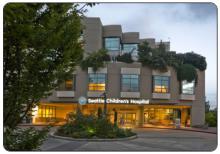
The majority of developmental clinical activities at Seattle Children's Hospital occur within the Neurodevelopmental Clinic and the SCH Autism Center.
The Neurodevelopmental clinic serves as a center for the comprehensive medical evaluation, coordinated consultation, diagnosis and collaborative management of children – birth to 21 years – with complex neurodevelopmental disabilities and congenital anomalies. Areas of particular focus include cerebral palsy, Fragile X, spasticity management, spina bifida and tics / Tourette's and related comorbidities (ADHD, LD, OCD). In each case, an interdisciplinary care model that involves the interaction of multiple expert providers and provides coordinated follow-up is essential. Interdisciplinary evaluations may include evaluations by specialists in orthopedics, rehabilitation medicine, neurology, neurosurgery, urology, speech therapy, occupational therapy, physical therapy, nutrition, and social work.
This clinical site also serves as a neurodevelopmental diagnostic program that provides an initial assessment of a child whose development is not keeping up with the expectations of family and primary care physician.
There are also clinical experiences at SCH to participate in the Craniofacial program and to consult regarding children (birth to 21) with neurodevelopmental disabilities and congenital defects who are hospitalized at SCH and to collaborate with the inpatient Medically Complex Child service.
Seattle Children’s Autism Center provides comprehensive and timely autism services under one roof regardless of a family's ability to pay. The Center provides screening, assessment, diagnosis, treatment, and parent education and support for autism spectrum disorders and offers this range of medical and mental health services for babies, children, and young adults. The center works closely with Seattle Children's Neurodevelopmental, Neurology, Psychiatry and Behavioral Medicine, Sleep Disorders, Genetics and Gastroenterology programs to insure complete and coordinated care.
Madigan Army Medical Center (MAMC)
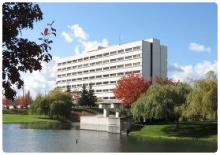
Madigan Army Medical Center is home to the only ACGME accredited Developmental Behavioral Pediatrics fellowship within the Department of Defense. Training is primarily interdisciplinary with an emphasis on the management and coordination of comprehensive care for children with special health care needs and covers all areas of developmental behavioral pediatrics. UW / SCH fellow may participate in a broad range of multidisciplinary clinics during their clinical rotations at MAMC: Behavior Intake Clinic, Autism Spectrum Disorder Clinic, ADHD Clinic, Fellow’s Clinic, Pediatric Behavior Clinic, and Learning Disorders.
Training includes on site interaction with professionals in a wide range of specialties. Faculty all have clinical faculty appointments at the University of Washington School of Medicine.
Fellowship Leadership
Established in 1975, the University of Washington program has a long history of successfully producing leaders in developmental disabilities care, research and education within academic institutions, children’s hospitals, public health departments, or other appropriate settings.
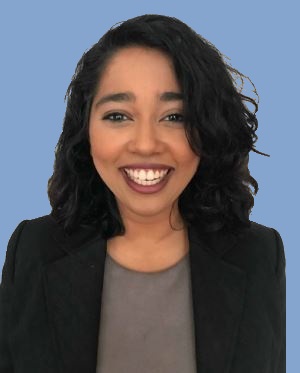 | Raji Pyda, MD, MPH Medical School: Boston University School of Medicine, Boston, MA Residency: Eastern Virginia Medical School, Norfolk, VA |
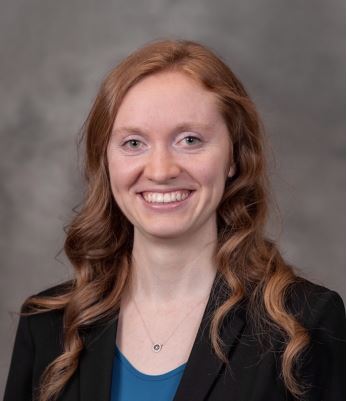 | Cambrynne DeJong, MD Medical School: University of Michigan Medical school, Ann Arbor, MIl Residency: Oregon Health & Science University, Portland, OR |
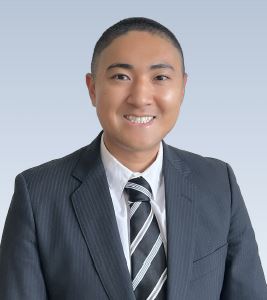 | Yusuke Matsuura, MD, MPH Medical School: Gifu University School of Medicine, Japan Residency: Icahn School of Medicine at Mount Sinai, New York, NY |
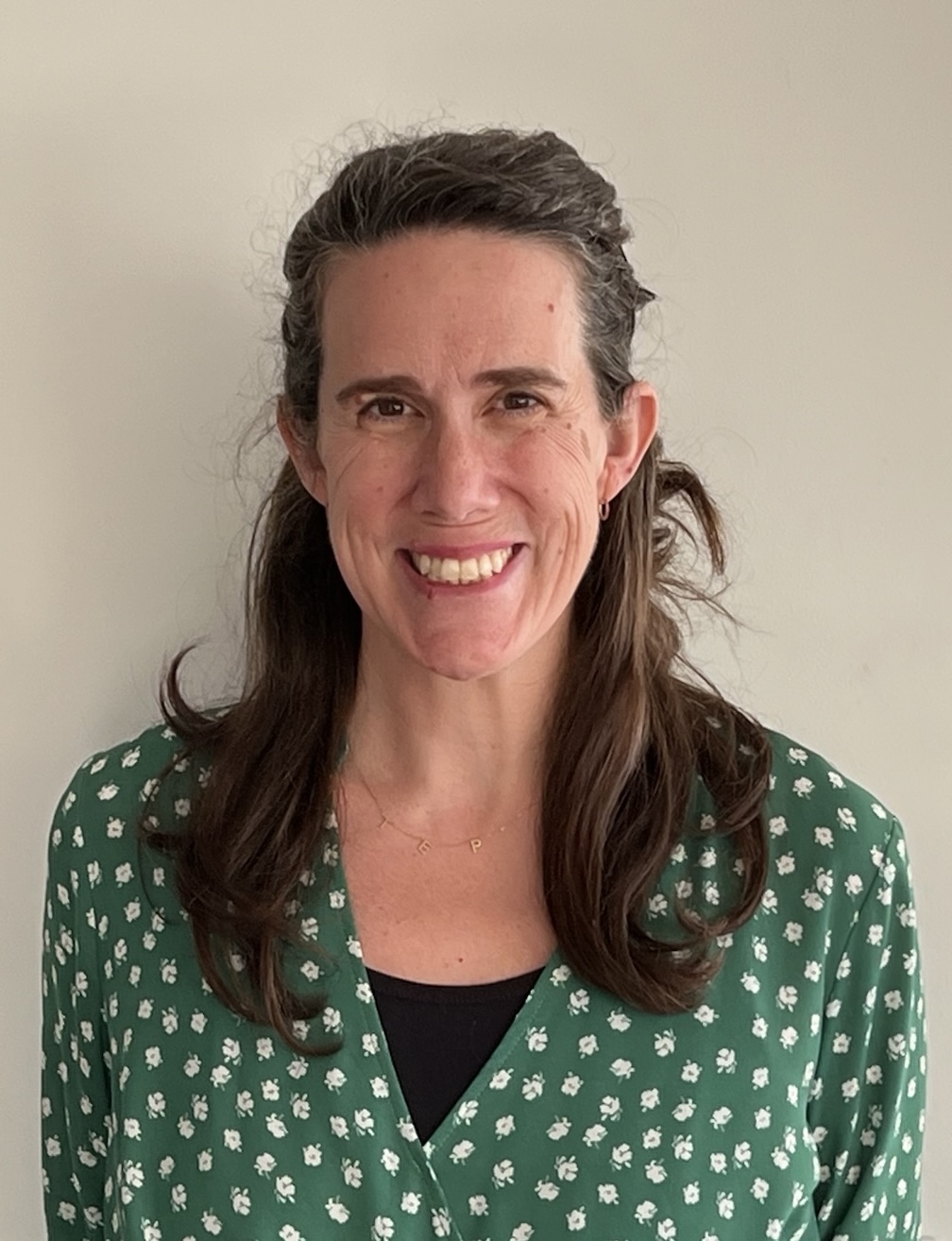 | Meagan Dodge, MD Residency: University of Washington School of Medicine, Seattle, WA |
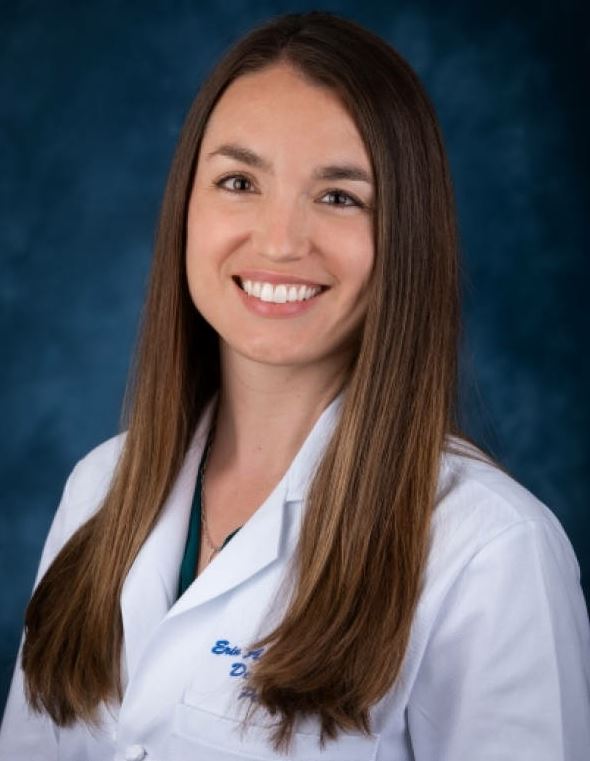 | Erin Baumler, MD Medical School: St. George’s University School of Medicine, Grenada, West Indies Residency: MedStar Georgetown University Hospital, Washington DC |
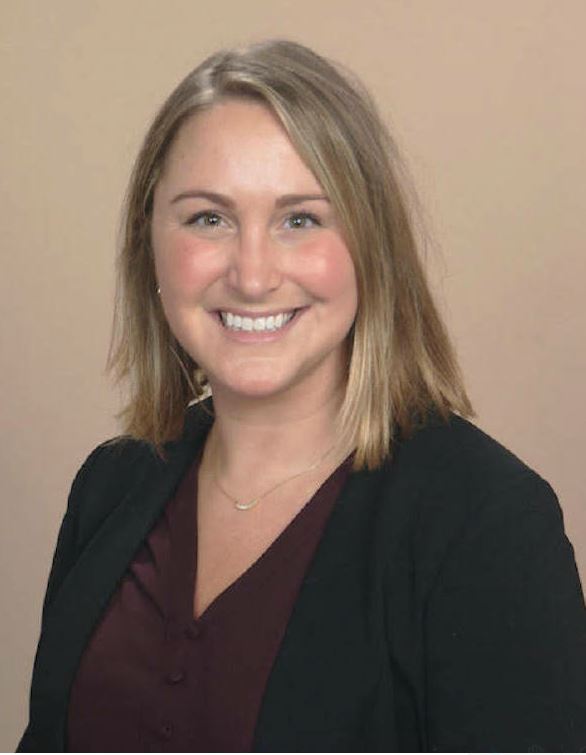 | Kali Kramolis, MD, MPH Medical School: University of Wisconsin School of Medicine and Public Health, Madison, WI Residency: University of Chicago, Comer Children’s Hospital, Chicago, IL |
Alumni
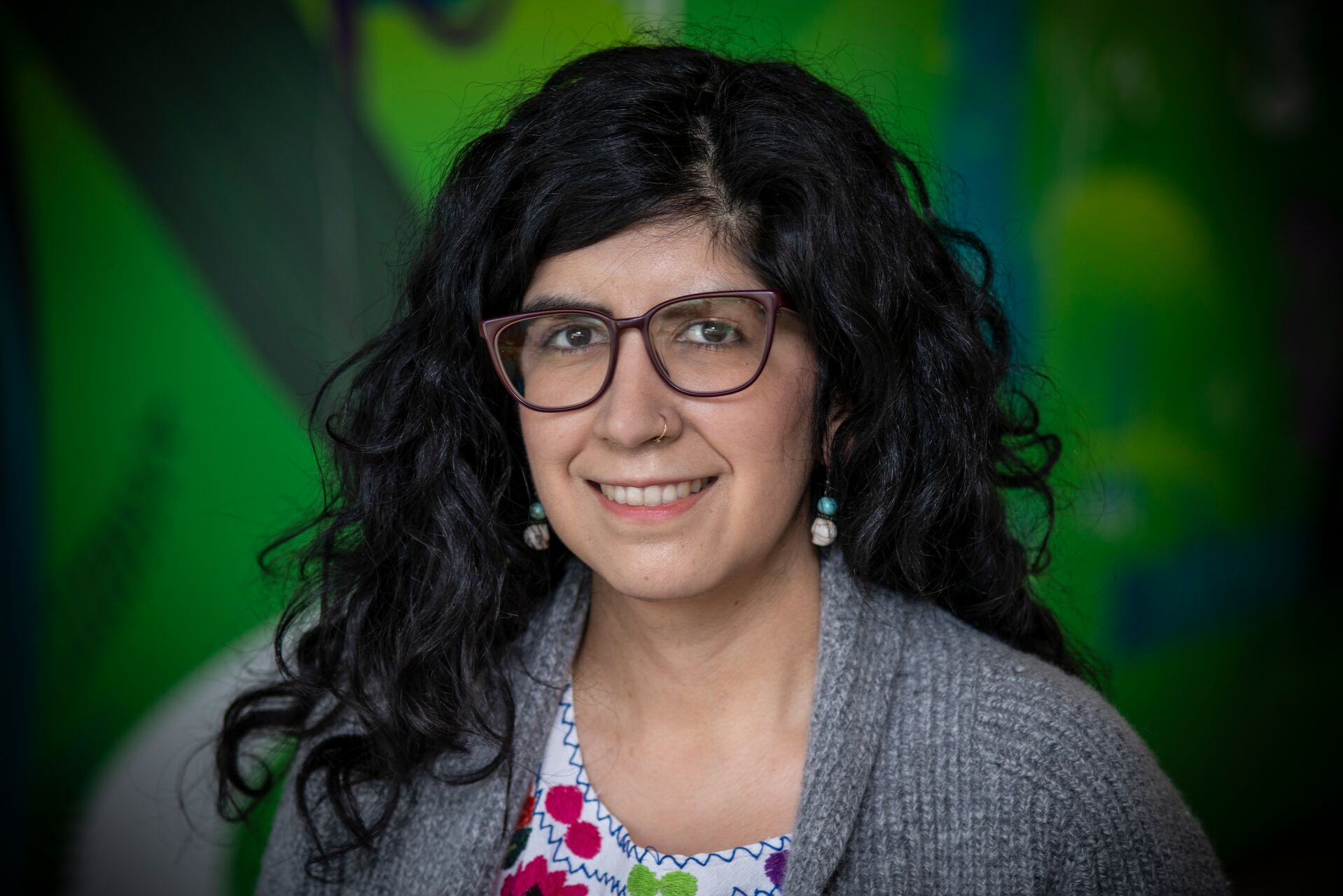 | Lorena Galvan, DO Current position: Clinical Assistant Professor |
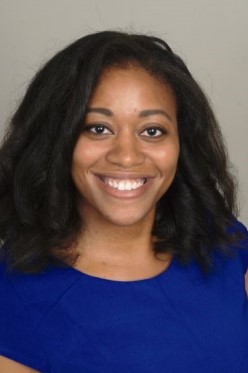 | Simone Higgins, MD Current position: Clinical Assistant Professor |
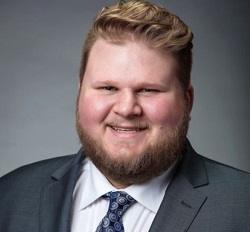 | Nicholas Jake Alexander, MD Current position: Clinical Assistant Professor |
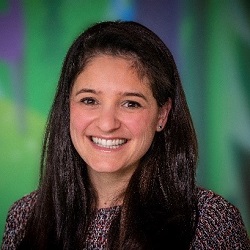 | Marnina Gottesman, MD Current position: Clinical Assistant Professor
|
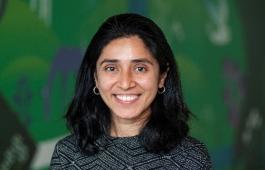 | Anisha Srinivasan, MD Current Position: Assistant Professor |
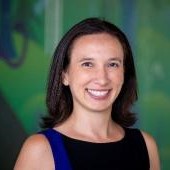 | Julia Mattson, MD, PhD Current position: Assistant Professor |
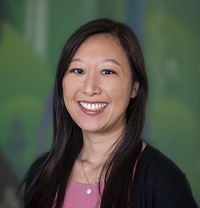 | Angela Armen, MD Current position: Assistant Professor |
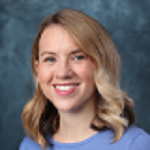 | Rachel Follmer, MD Current position: Assistant Professor of Pediatrics |
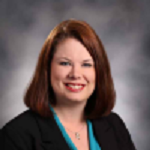 | Meghan Behrmann, MD Current position: Assistant Professor |
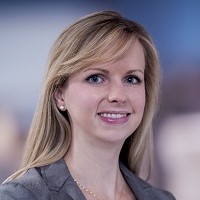 | Lisa Herzig, MD Current position: Assistant Professor |
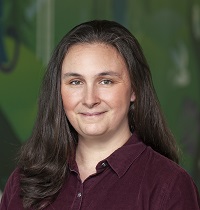 | Emily Myers, MD Current Position: Associate Professor |
Emily Myers, MD
Clinical Professor Fellowship Program Director
Seattle Children’s Hospital
4800 Sand Point Way NE
M/S OC.9.845
Seattle, WA 98105-5005
Angela Armen, MD
Clinical Assistant Professor Associate Fellowship Program Director
Seattle Children’s Hospital
4800 Sand Point Way NE
M/S OC.9.845
Seattle, WA 98105-5005
